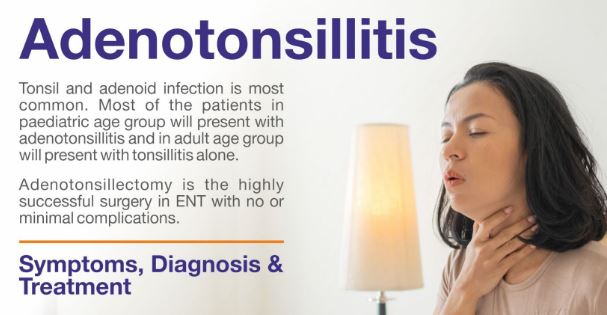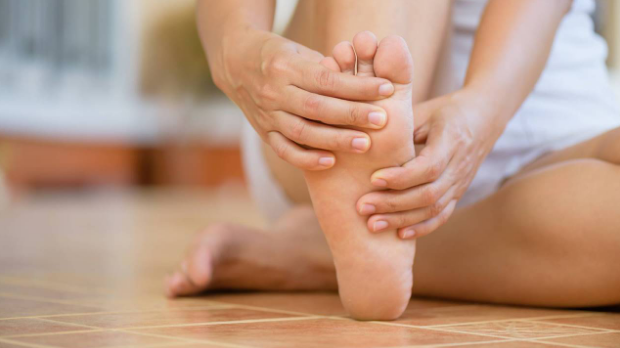Introduction In this article we will discuss Top 9 Homeopathy Medicines for Adenoids. Adenoids, the lymphatic tissue located at the back of the nasal passage, play a crucial role in keeping us healthy by trapping harmful bacteria and viruses. However, when they become enlarged, it can lead to breathing difficulties, snoring, and recurrent ear and […]
Author: Dr. Abhishek
9 Top Homeopathy Medicine for PCOS Treatment
Aura Homeopathy Clinic: Unveiling the Resonance of Healing for PCOD in Women In This Article: Today we will discuss 9 Top Homeopathy Medicine for PCOS Treatment: A Comprehensive Guide Explore the effectiveness of homeopathy in treating PCOS with our detailed guide on the top remedies, backed by citations from renowned homeopathy experts. Introduction Introduction: Discovering […]
Top 5 Homeopathy Medicine For Diabetic Foot Ulcers
Explore Top 5 Homeopathy Medicine For Diabetic Foot Ulcers at Aura Homeopathy Clinic, India’s top homeopathy hospital. Book your online appointment today for a natural approach to healing. Homeopathic Solutions for Diabetic Foot Ulcers: A Natural Approach to Healing Diabetic foot ulcers, often stemming from uncontrolled sugar levels, are distressing outcomes due to elevated blood […]
5 Top Homoeopathic Medicine For Uric Acid
Discover Natural Relief: Homeopathic Solutions for Gout. In this topic we will discuss in detail 5 Top Homoeopathic Medicine For Uric Acid. Gout, an excruciating form of arthritis, induces inflammation and intense joint pain. This discomfort arises from the accumulation of urate crystals within the affected joint, resulting from elevated uric acid levels in the […]




